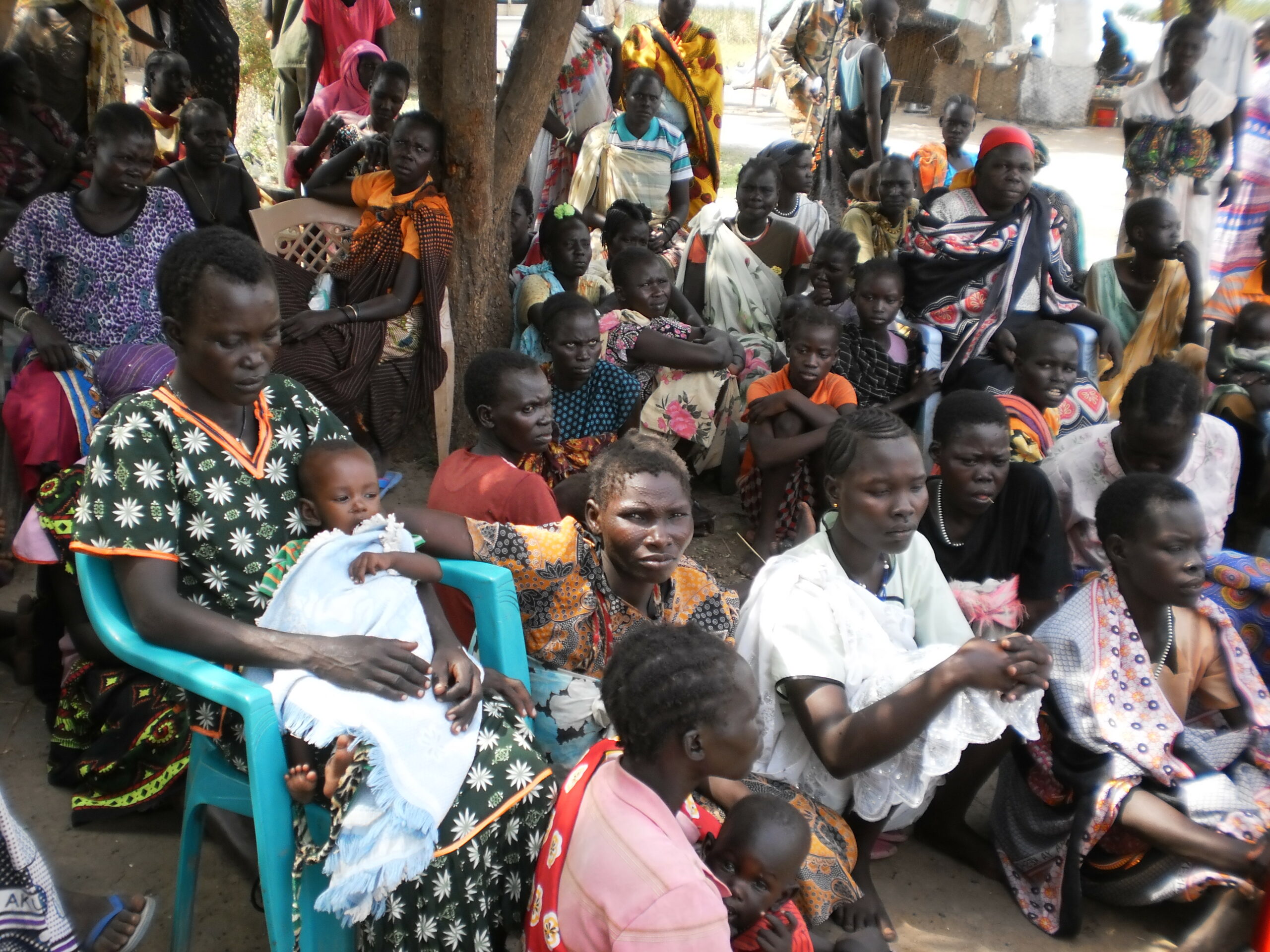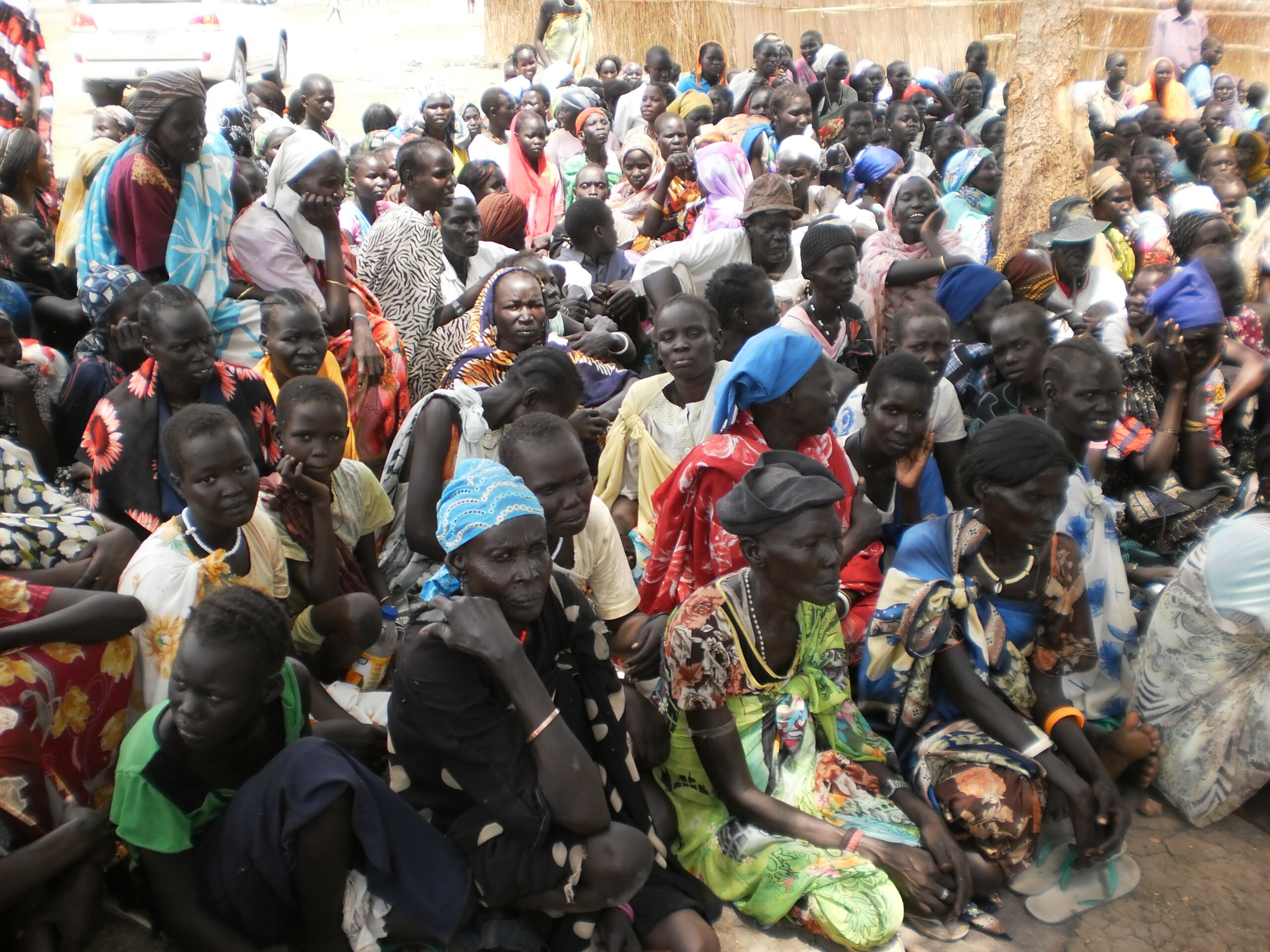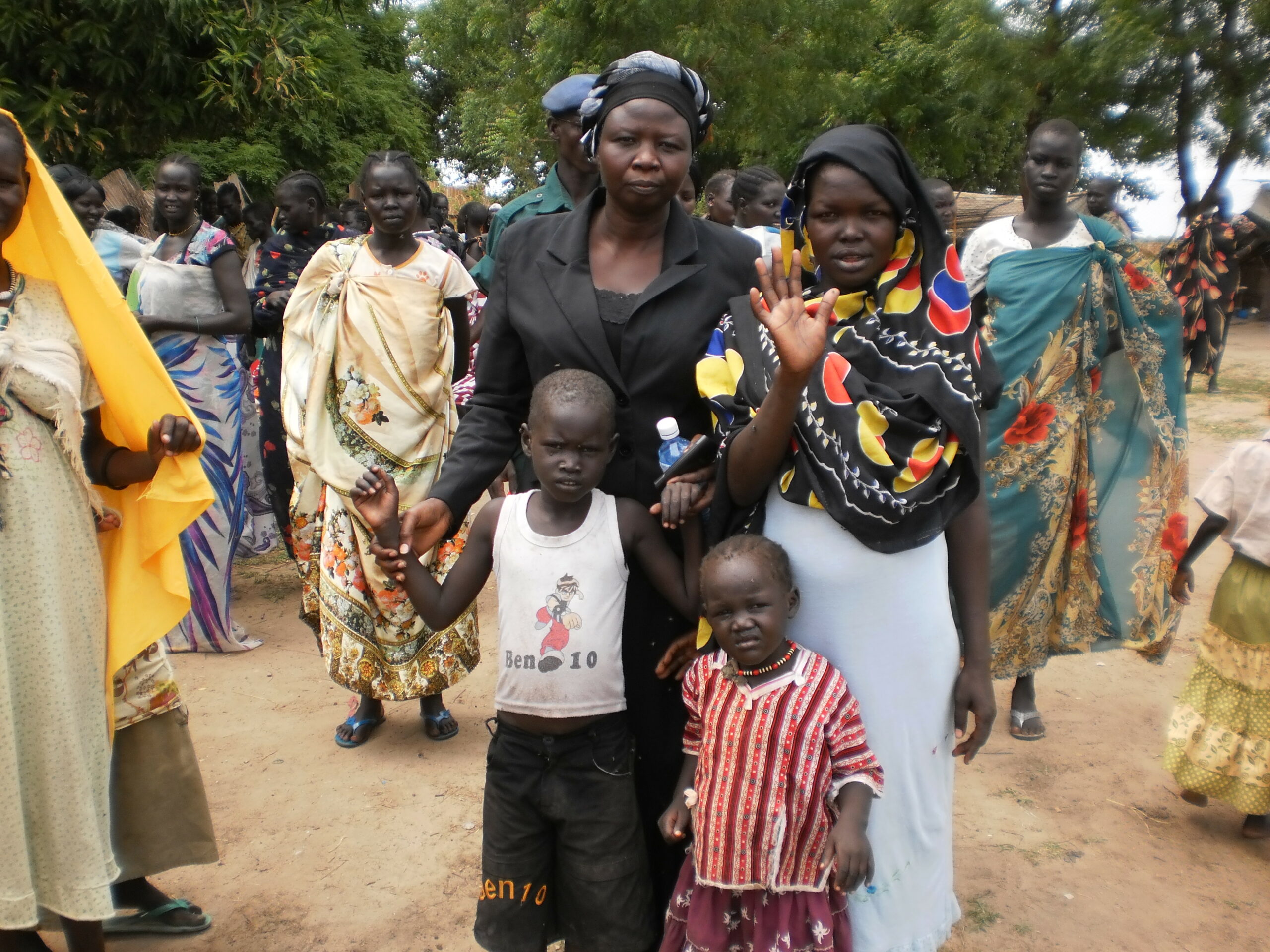Over 500 SPLA widows complain of ill-treatment
By Bonifacio Taban Kuich
May 30, 2012 (BENTIU) – Over 500 women whose husbands have been killed during South Sudan’s border war with Sudan accused the army of not paying them the full amount of compensation that they are due and called Wednesday for more government and international assistance.

The comments were made when Unity State’s Minister of Social Development, the Director of the South Sudan Relief and Rehabilitation Commissioner (SSRRC), William Kuol Geng, and local MPs visited 521 women and their small children at a military hospital in Rubkotna County.
According to Unity State authorities, the women lost their husbands in the recent fighting between the Sudan Army Forces (SAF) and the South Sudan army (SPLA) over the disputed oil region of Panthou/Heglig. Some of the women lost their husbands in fighting over Jaw/Jau, another disputed area along the oil-rich and largely undemarcated north-south border.
The biggest challenges the women face is lack of many from failure to receive the salaries or compensation from the death of the their husbands and concern that they will be unable to return to their areas of origin.
However, the government has made it clear that military widows will receive a one-off payment worth six months of their husbands salary. However, some of the women accuse militarily officers of misappropriating the money.
Jacklin Maracholi Wani who lost her husband in the recent clashes said she was worried about the future of her children. After the death of her husband the government has only paid her one third of the compensation she was due.
“Someone is eating the money”, she said, appealing for the government to help her travel to Eastern Equatoria State where she has family.

Elizabeth Nyakai Gatluak a woman from Payinjiar County of Unity State told Sudan Tribune that she lost a son in Heglig/Panthou war but had not cried as he was defending the young country.
South Sudan occupied the Heglig/Panthou for ten days in response, Juba says, to repeated SAF attacks on Unity State. She called on the government to support the education of her son’s children.
Nyagai Ruei, whose two sons were killed in the Heglig/Panthou fighting, said she was tired of trying to get support from the government.
“I have lost two young men in Heglig or Panthou clashes, I’m bored talking with government since then I lost my two sons without [a] single [bit of] help”.
Unity State’s Minister of Social Development, Rebecca Kur Nyakai, said that she is collaborating with South Sudan Relief and Rehabilitation Commission (SSRRC) to ask international organisations to support the vulnerable women.

“I’m urging our people outside and international organisations to come and assess these groups needs”, Nyakai added.
Nyakai added, they are working on fundraising in order for them to be moved to their respective states, but she said those who are wanted to remain in Unity State would be allocated land to start a life in Unity State.
SSRRC Director, William Kuol Geng, says his teams are working to register the “vulnerable women and children” in order for them to receive humanitarian aid from agencies like the United Nations.
(ST)
